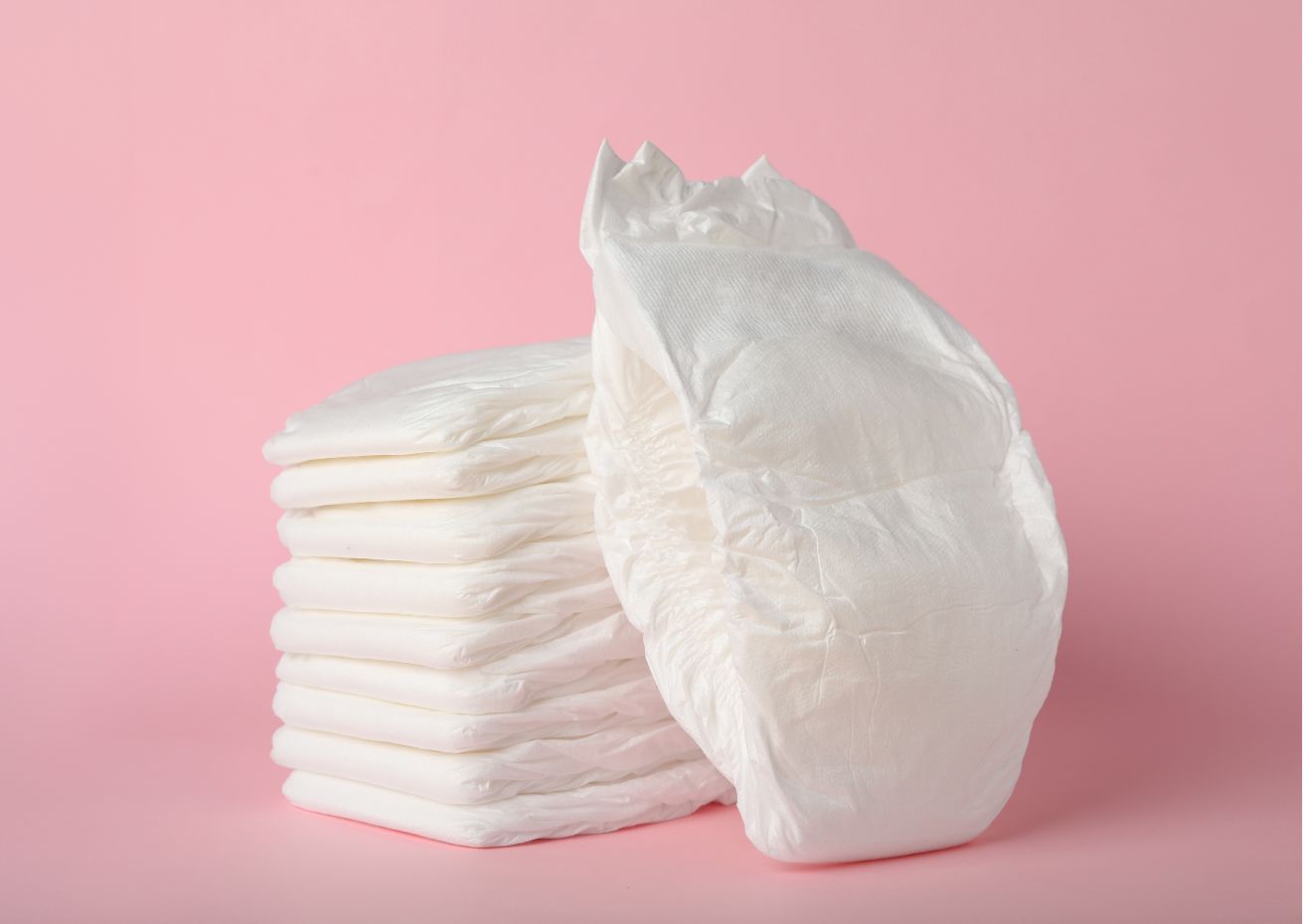
Just days after Tennessee’s federal approval, Delaware followed suit, securing the green light to expand its own diaper and wipe distribution program for new mothers. Both states are opening a new frontier in public health, tackling a quietly urgent crisis that’s been hiding in plain sight.
It’s easy to take diapers for granted until you can’t afford them. Public health experts have been sounding the alarm for years. For low-income parents, the cost of diapers can be overwhelming. Babies use 8 to 10 per day, adding up to roughly 300 each month. That’s not just expensive, it’s unattainable for many.
And the consequences go far beyond discomfort. Lack of diapers can lead to painful diaper rash, urinary tract infections, and even emergency room visits. But it doesn’t stop with the baby. Parents, especially mothers, suffer emotionally and psychologically when they can’t meet their child’s most basic needs. The stress and shame can be crushing.
“Diaper rash is one of the most common medical conditions for infants and toddlers,” the Centers for Medicare and Medicaid Services (CMS) wrote in their approval letter to Tennessee. “Changing diapers frequently is the mainstay of recommendations to prevent this condition.”
With the launch of this initiative, Tennessee is rewriting what public health support can look like. Through TennCare, the state’s Medicaid program, families will be eligible to receive up to 100 diapers per month for children under the age of two, all at participating pharmacies.
Backed by a $30 million investment, the program reflects the priorities of Republican Governor Bill Lee, who positioned it as a family-first strategy. “Strong families are central to strong communities,” he said. “We hope this is a model for others.”
In a political climate where consensus on healthcare is rare, this initiative is something of a unicorn: bipartisan, common-sense, and laser-focused on impact.
Meanwhile, Delaware is making its own quiet revolution. Its pilot program, which provides postpartum parents with 80 diapers and a box of wipes per week for the first three months after childbirth, will now continue for another five years.
But Delaware’s focus isn’t just on the babies. It’s also about the parents. “Access to sufficient diapers offers health benefits to the parent as well,” said Martha Lodge of Delaware Health and Social Services. “Diaper need is associated with maternal depression and stress.”
By recognizing that a baby’s health and a parent’s mental well-being are deeply connected, Delaware’s policy goes beyond the practical. It’s deeply compassionate.
The good news doesn’t stop there. Tennessee also secured approval to raise the income limit for TennCare eligibility to 100 percent of the federal poverty level, expanding access for thousands of parents. A three-person household can now earn up to $2,000 per month, up from $1,600, and still qualify.
According to the Sycamore Institute, this makes Tennessee’s new standard the most generous among the ten states that haven’t broadly expanded Medicaid under the Affordable Care Act. It’s a quiet but meaningful shift in a state historically cautious about expanding federal aid.
Interestingly, Tennessee’s move on diapers comes just months after the state opted out of a federal food assistance program for school-aged children beyond 2025. The contrast is stark and speaks volumes about how states choose to prioritize help for families.
Yet the diaper initiative, in its simplicity and directness, could be the spark for a broader movement. Diapers aren’t glamorous. They aren’t controversial. But they are essential and states are finally starting to listen.
Tennessee and Delaware may have just lit a path for the rest of the country. Their efforts prove that public health doesn’t always require sweeping legislation or billion-dollar investments. Sometimes, it starts with one small, powerful act: giving a parent the means to care for their child with dignity.
Other states and the federal government will be watching. And if this model works, the simple act of providing diapers could ripple outward, changing not just how we support families, but how we define public health in America.
Because when a baby has what they need, when a mother can breathe a little easier, that’s not just good policy. It’s a small, quiet revolution.
Photo by Africa Images
